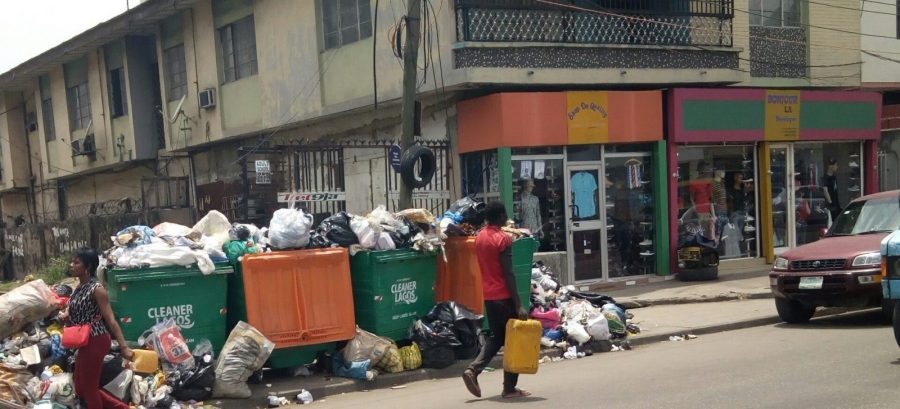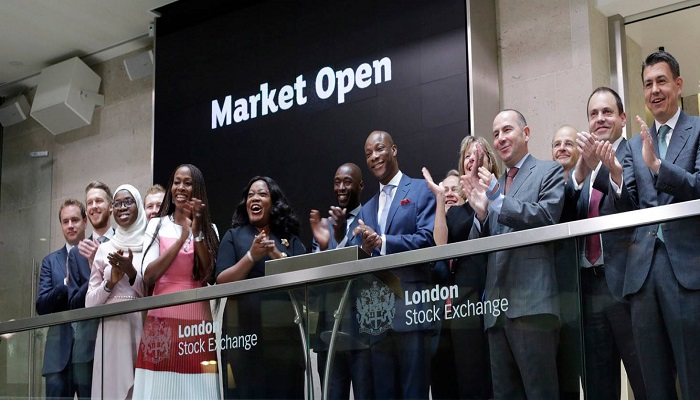While the President and the country’s security apparatus is focused on battling islamist insurgency in the North East, an even more deadly conflict is brewing in the North Central/Middle Belt region.
According to reports, about 1,000 lives have been lost in the middle belt since President Buhari came into power in May 2015 alone.
This humanitarian crisis, which others call an ethnic cleansing, has been ongoing, and it is a struggle for resources. According to researchers at SBM Intel, authors of the report, which is titled ‘Terror in the food basket’, “we are one step away from a full blown genocide in the North Central of Nigeria”.
Although the conflict hasn’t yet acquired genocide status, the continued feigning of ignorance of the government will serve to accelerate the trend.
Also, further ignoring it will speed up the spread of the crisis from the north to the south, as was shown by the kidnap of former Secretary to the Government of the Federation, Olu Falae in his farmland in Akure by Fulani herdsmen.
According to the researchers and authors of the report, “the images we have seen could be put amongst pictures from South Sudan at the height of the Sudanese Civil War; the Central African Republic during the anti-Balaka killings; or even the Boko Haram devastated towns and cities of North Eastern Nigeria and they would feel right at home”.
The primary cause of the conflict has been identified as the southward migration of Fulani herdsmen, who allegedly herd for wealthy people including retired army generals and governors of far northern states.
Their search for grazing land brings them into contention with indigenous people of the Middle Belt region for farmland, and according to residents of the affected areas.
There are much more herdsmen now than there were some years earlier. And added to their ranks are others who aren’t in the business of herding cattle.
According to the report, the conflict starts from when the herdsmen – new into the community – approach traditional rulers of the land for grazing rights. However, unlike their own culture where all lands belong to the ruler, the lands in the Middle belt are in many cases owned by the people. The native farmer ethnic groups cultivate their lands, which are one of their most important assets as a people along with the crops.
Working on the assumption that the land belongs to traditional rulers, these herdsmen come in and pay some traditional rulers for leave to graze on lands. Some of the chiefs take the money without informing their people.
After that, the herdsmen (with their ‘rights’) encroach and graze on the lands and crops of the native ethnic groups in the Middle Belt. Inevitably, the natives complain and the herdsmen take recourse to organized violence. When this happens, the herdsmen, who reportedly have powerful unions across West Africa report back to their powerful owners that the cattle are being rustled or killed, and then the Union organizes for protection to come. Protection – usually more mercenaries – accompany some of the herdsmen and attack villages where cattle have been rustled or killed.
The report says that of 12 such ‘herdsmen’ caught in Guma in 2013. Only one of them was Nigerian. The rest were foreigners.
The result of the violence is a loss of livelihood by affected natives. After having their crops destroyed, some respondents have not planted or harvested since 2006. Many others have been forced to relocate.
The result is that an area, which once served as the food basket of Nigeria, now experiences a shortage compared to previous years.
Also, “because the government has failed to respond adequately by protecting the lives and property of the citizens in the region, the herdsmen have grown bolder, and their perceived attempt to wipe out the native ethnic groups has quietly morphed into low intensity warfare”, the report says.
The continuous communal clashes in the region have greatly affected the production of food there, and distribution to other parts of Nigeria, is being adversely affected. The negative effect of the Middle Belt crisis is the constant hike in the price of commodities such as tomatoes, yam, onions, pepper, beans and beef, staples, which originate mainly from the North-Central, or have to pass through the North-Central en route Lagos.
Lagos, which is the commercial nerve of Nigeria with an estimated population of about 20 million people, depends greatly on farm produce from other states.
Food prices in Lagos for some common food items like tomatoes have increased by at least 225 per cent in the last two years, and in some cases, as high as 360 per cent, the report says.
A long-term solution to the problem will be setting up communal ranches, which will help the herdsmen improve meat and milk yields and unlock a new industry in the North to contribute to solving unemployment in the region. Investments in artificial irrigation to water the ranches will ensure that dry season grazing can be done in the region.
Also, the herdsmen must be made to know they must abide by Nigerian laws and only seek recourse for perceived grievances through the laid out justice system.

![[TERROR] A Chilling Revelation Of How Fulani Herds Men Takeover Farmlands](https://nairametrics.com/wp-content/uploads/2015/10/cattle-rustler.jpg)

















